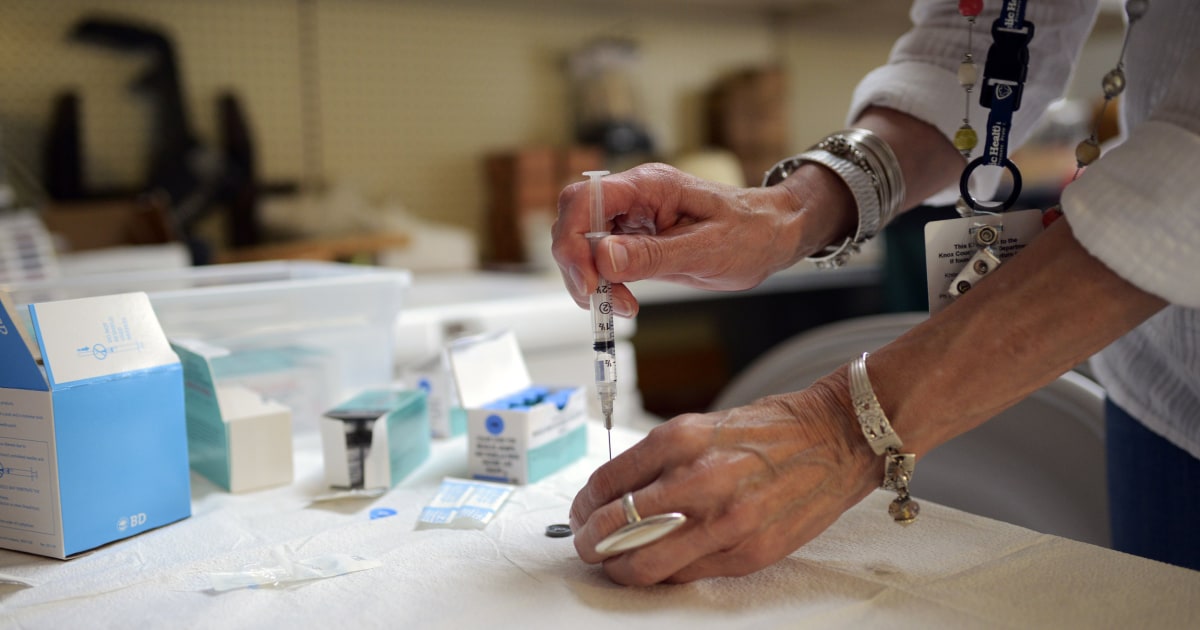"Important new strains of the SARS-CoV-2 virus — the "variants" you're hearing about — have been identified in the United Kingdom (B.1.1.7), Brazil (P.1) and South Africa (B.1.351), and all three have now been found in the U.S. as well. Those variants are more infectious than the original strain, and researchers in the U.K. have said B.1.1.7 may be more frequently lethal.
Scientists' concern right now is mostly with the P.1 variant. It has a particularly worrying cluster of mutations that allow the virus to spread more quickly and help it evade the immune system, which might make it easier for people who have already had COVID-19 (and so have developed some immunity) to still be vulnerable to reinfection with this new strain.
Early investigations are suggesting the current vaccines, as well as Johnson & Johnson's candidate vaccine (not yet authorized for use), may be somewhat less effective against some of the new variants, in terms of preventing all symptoms. But even against the variants, the vaccines do prevent a lot of mild and moderate cases, the data gathered so far suggest, and are very effective, health officials say, against preventing severe cases, hospitalizations and deaths.
Viruses like SARS-CoV-2 mutate all the time, notes Dr. Anthony Fauci, head of the National Institute of Allergy and Infectious Diseases, and that's another reason to get people fully immunized as quickly as possible.
"Viruses cannot mutate if they can't replicate," Fauci said Monday at a press conference by the White House's COVID-19 response team. "If you stop their replication by vaccinating widely ... not only are you going to protect individuals from getting disease, but you are going to prevent the emergence of variants."
The spread of new strains raises new questions as two COVID-19 vaccines continue their rollout across the U.S. and another vaccine candidate preps for regulatory review. Here's what you need to know.

www.npr.org





